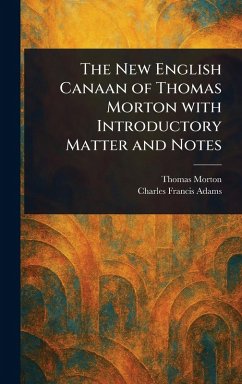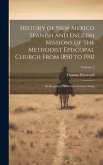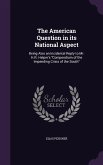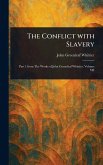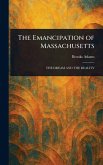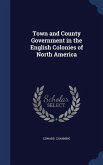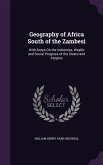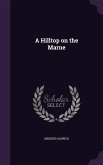Explore 17th-century New England through the unique lens of Thomas Morton's "The New English Canaan." This compelling work offers a fascinating glimpse into the early days of American colonization, presenting a vivid portrait of colonial life and the natural wonders of the region. Morton's account stands apart as a valuable piece of travel writing and colonial history, providing invaluable insights into the interactions between colonists and the indigenous population. Journey back to the formative years of early America and discover a land teeming with both promise and peril. "The New English Canaan" captures the spirit of adventure and the challenges faced by those who sought to build a new society in a new world. This edition brings Morton's observations to life, offering readers a direct connection to the sights, sounds, and experiences of colonial New England. A key resource for anyone interested in the history of New England, the colonial period, or the broader narrative of North American settlement. This work has been selected by scholars as being culturally important, and is part of the knowledge base of civilization as we know it. This work is in the public domain in the United States of America, and possibly other nations. Within the United States, you may freely copy and distribute this work, as no entity (individual or corporate) has a copyright on the body of the work. Scholars believe, and we concur, that this work is important enough to be preserved, reproduced, and made generally available to the public. We appreciate your support of the preservation process, and thank you for being an important part of keeping this knowledge alive and relevant.
Bitte wählen Sie Ihr Anliegen aus.
Rechnungen
Retourenschein anfordern
Bestellstatus
Storno

